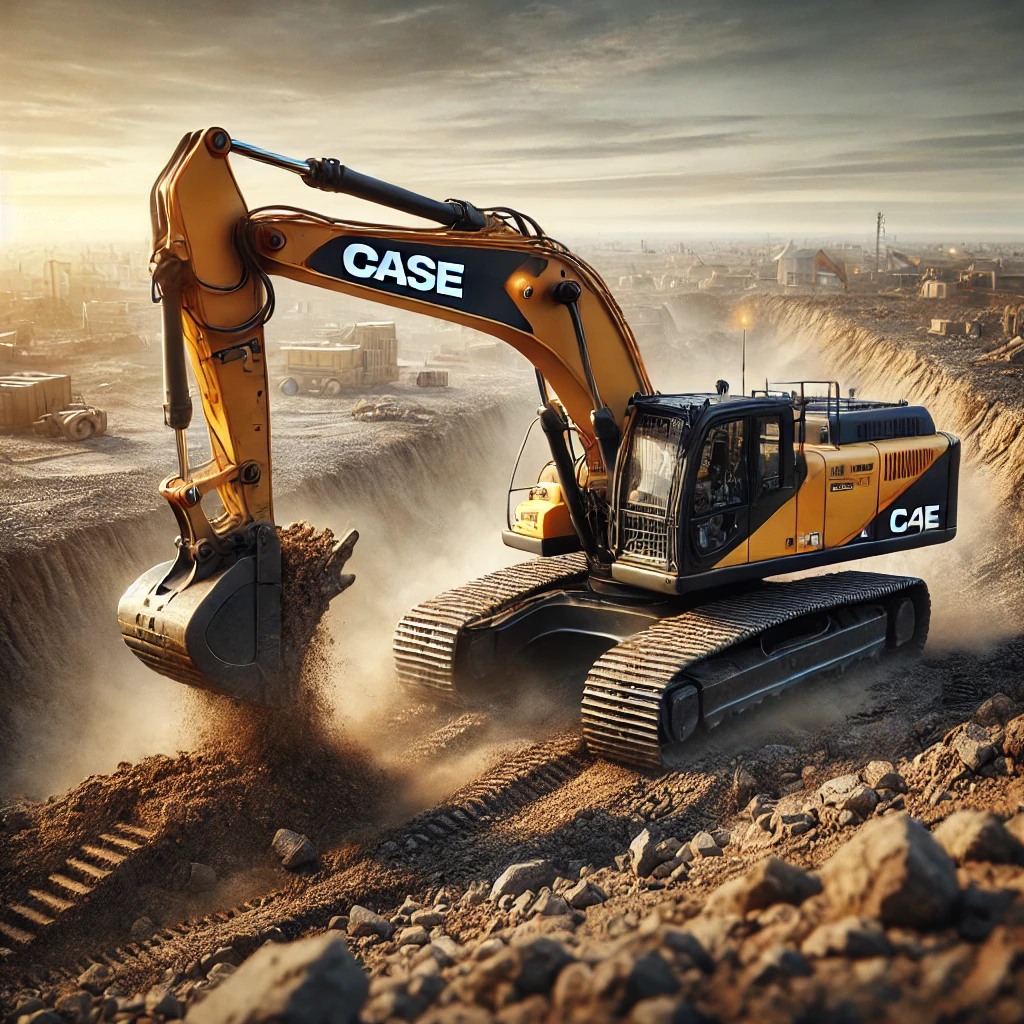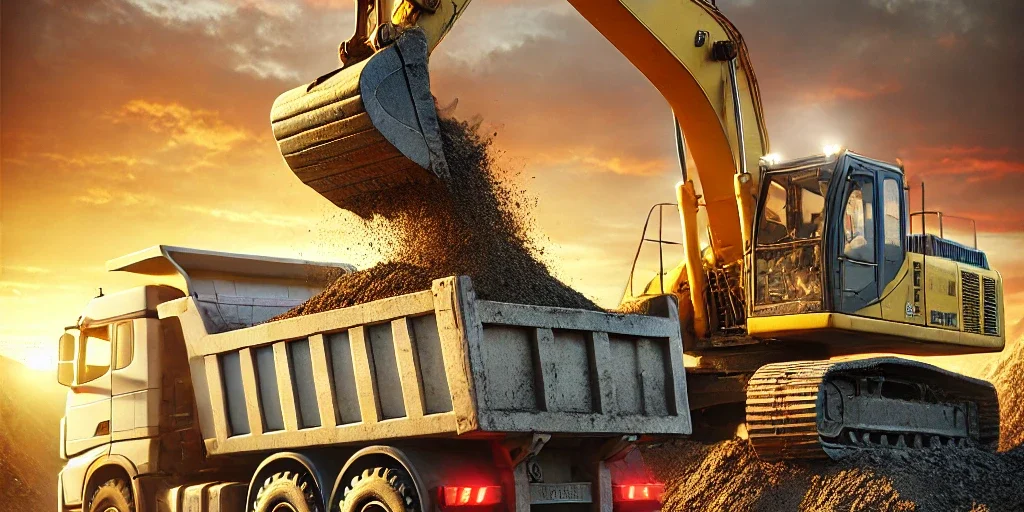Many jobs require digging or earthwork, which necessitate specialized machinery. When discussing earthwork, excavators are the first machines that come to mind. These are not just one type of machine but an entire category. It is crucial to have the right machine available for the job at hand. Therefore, this article explains how to choose the right excavator for the construction site.
How to Select the Right Excavator Model
The Drive
The excavator is the ideal machine for digging, demolition, and earthwork. It is important to know how to choose the right excavator for each of these operations. Excavators form a category of machines that includes mini-excavators, mid-size excavators, and large excavators. All digging machines have a similar structure and are easily recognizable by their iconic arm with a bucket. In most cases, excavators and mini excavators have a track drive. This allows them to move stably on uneven, muddy terrain or slopes. However, there are also excavator models with rubber tires. These are required to work in certain contexts, such as in construction halls.
Mini Excavators
Mini excavators are the most frequently rented type of machine in the earthwork sector due to their compact dimensions and great versatility. The operating weight of a mini excavator typically ranges from 900 kg to 10,000 kg. Dimensions of the tracked vehicle and the boom are small. The smaller models, often referred to as micro-excavators, can even pass through small gates and work in gardens. Above 10,000 kg, they are referred to as excavators – these can have an operating weight of over 50 tons and have much larger dimensions. The smaller excavators are often identified as mid-size excavators. They form the intermediate category between mini-excavators and large excavators.

How to Choose the Right Excavator: Consider the Site Requirements
When earthwork needs to be performed, it is always important to have the right machine available for your needs. Therefore, you can see how to choose the right excavator by considering the space on the construction site and the scope of the work.
Digging machines can be used for both large projects and smaller maintenance or renovation work. The space in which the machine will operate is therefore the first criterion for selection. If a large open space is available, a large excavator can be used. However, if the space is tight, as is often the case in gardens or urban environments, a mini excavator must be used. The space must be sufficient to ensure that the excavator can move easily without colliding with buildings or trees.
The scope of the work, or in other words, the volume of earth to be dug, is also important to consider. For smaller jobs like digging a trench or an underground intervention, mini excavators are frequently used. If the work is of medium to large size, mid-size or large excavators are required. In these contexts, it is also necessary to consider the digging depth and the required power.
How to Choose the Right Excavator Based on Power Supply
Finally, to know how to choose the right excavator, you must also consider the type of power supply for the machine. When working in urban environments or in situations with poor ventilation, electric excavators offer very low emissions and noise. For outdoor work, diesel excavators are widely used. Depending on the operation, the appropriate equipment must be selected. It is important to note that demolition hammers, grippers, or sieves can also be installed at the end of the arm.
Safe Use of Excavators
Excavators are extensive and potentially hazardous machines, and it is crucial to use them safely. They belong to the work tools that require special qualification. The agreement between the state and regions of February 22, 2012, requires every operator in Italy to be properly trained in the safe handling of excavators. The qualification obtained after a training course, generally known as a patent, must be valid. During the movement and maneuvers of the excavator, the operator must proceed with extreme attention and caution. They must ensure that no other people are within the machine’s operating area. It is equally important to transport the rented excavator safely to avoid accidents that could harm people or the machine.
Conclusion
This article has shown how to choose the right excavator based on the type of work and the requirements of the construction site.
Discover which excavators you can rent at rentmas.






